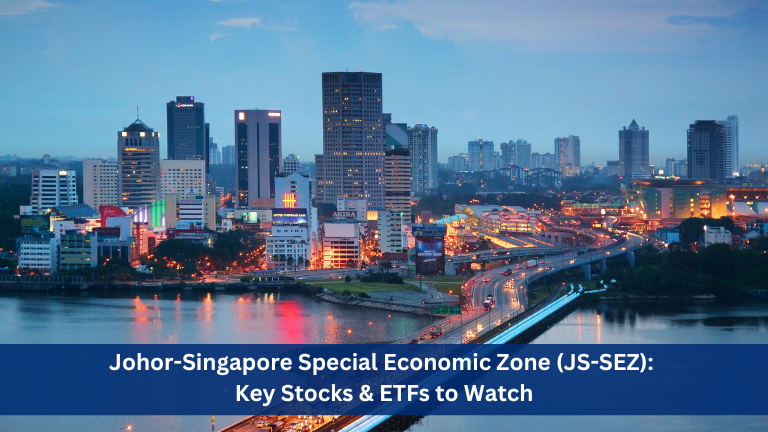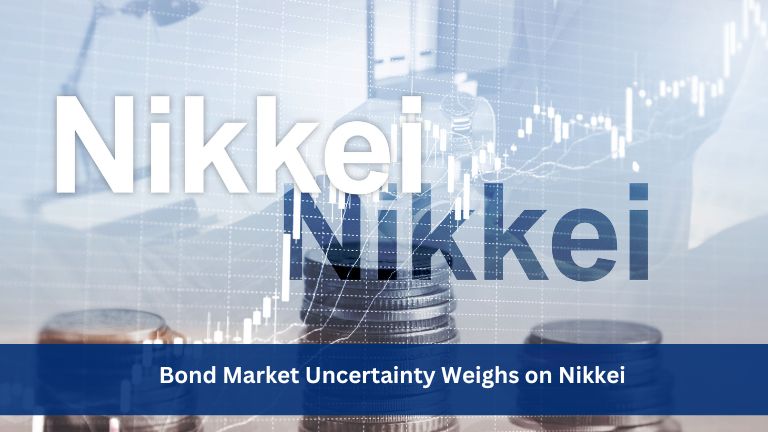Inflation is the general increase in prices and fall in purchasing power of money. With rising interest rates headlining concerns all over the world, people have been trying to find stocks which will do well in this inflation-driven market. So which stocks should you be looking at?
Not All Stocks Are Made Equal
In beating inflation, banking stocks may not be the first stocks that come to mind, but let me explain.
One of the ways banks make money is from net interest spread; the difference between the rates on deposits and the interest rates the bank receives from the loans it makes.
With higher inflation, interest rates rise and this, in turn, will boost banks net interest income, and therefore overall earnings.
In addition, banks and their insurance partners offer insurance products that offer comprehensive product coverage for their clients, from retail to the ultra-high net worth.
Hence, investments from excess capital from underwriting activities will generate higher income from the higher levels of interest rates.
As you can probably tell by now, this presents an investment opportunity in banking stocks.
Why Singapore Banks?
In Singapore, DBS, OCBC and UOB have consistently been ranked amongst the top 10 largest bank stocks in Asia, achieving a consistent average of 23% total returns in the 2021 YTD, outperforming the STI.
In the recent Q3 earnings release, all three banks also boasted strong YOY growth with OCBC demonstrating the highest quarter to quarter growth at 5%.
These increases in net income was contributed from higher fee incomes and lower credit allowances, with a 14% increase YoY by both UOB and OCBC, while DBS logged a gain of 11%.
And with a stabilised nonperforming loans ratio of 1.5% for the quarter, analysts are of the view that the lenders are well placed to meet their loan growth targets for 2021.
In terms of fundamentals, all three bank stocks have received strong, consistent buy ratings over that past COVID-19 year, putting a stamp on their perceived recovery value over other stocks. With a strong projected industry growth and an average P/E ratio of 12x aligned with the STI average of 12x the past 20 years, this suggests that banking stocks are currently priced in cheap.
As a new investor, availability of financial information is also important to understanding what you are invested in. As these 3 local banking blue chip stocks are among those frequently covered by analysts in Singapore, you will not lack reports to keep abreast on these stocks.
D-SIBS… What Is That?
Since 2015, the Monetary Authority of Singapore (MAS) imposed the D-SIBS as a framework to identify and supervise “domestic systemically important banks”.
These 3 locally incorporated D-SIBS need to meet higher capital requirements – a minimum Common Equity Tier 1 capital adequacy ratio (CAR) of 6.5 per cent, a Tier 1 CAR of 8 per cent and a Total CAR of 10 per cent, and are therefore held to a higher standard.
With these stringent controls in place, you can be sure that Singapore banks are highly unlikely to fail.
Digital Transformation
All three banks have increased revenues expenditures into R&D covering the digitization of their services. For example, DBS launched an interbank payment system called Partior in collaboration with JP Morgan and Temasek. DBS holds a 33% stake in this blockchain endeavour that aims to increase transaction speed and lower the costs of cross-border payments. Recently, the CEO of OCBC announced that the bank was looking to set up a cryptocurrency exchange to rival a similar set-up by DBS who had regulatory approval in December 2020 for setting up their crypto exchange. This is aligned with Singapore’s push to establish itself as a global crypto hub. Even UOB launched its TMRW app to offer a one stop solution for their clients’ financial needs.
While time will tell if the digital endeavours of all 3 banks will be successful, this at least shows their willingness to stay at the cutting edge of innovation.
Trade Bank Stocks With Phillip Futures
Want to get started on your investing journey? Why not invest with Phillip Futures! Phillip Futures is currently running a promotion on 10 SGX stocks, including ALL the aforementioned 3 banking stocks! With Phillip Futures offering one of the lowest commission rates of 0.05% per transaction, you will not want to miss out on this promotion expiring on 31st December 2021.
Get Started Now
– Learn more about Phillip Futures’ US & SG Stocks Promotion






